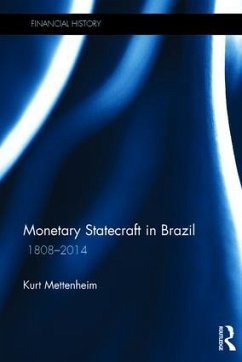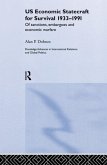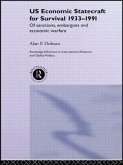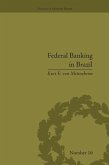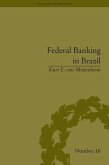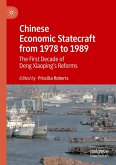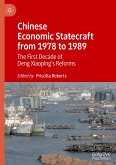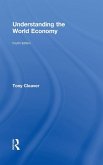Brazil has one of the world's fastest growing economies and a fascinating history underpinning its evolution. This book presents an analysis of the state's role in monetary policy, from the latter days of Portuguese rule, to the present day. Based on a variety of unknown archival sources, this study offers an alternative explanation for the rise and fall of Brazilian currencies. Monetary statecraft is a theory that accounts for the open ended, autonomous character of politics, the complex, recursive phases of public policy, and political development in the traditional sense of social inclusion. Unfortunately, there are few precedents for this type of analysis. This book fills this gap by tracing how Brazilian policy makers and observers have sought, experimented with, and reflected on a variety of forms and solutions for monetary policy since 1808. This book will be of interest to economists, financial historians and those interested in the history and economy of Brazil.
Hinweis: Dieser Artikel kann nur an eine deutsche Lieferadresse ausgeliefert werden.
Hinweis: Dieser Artikel kann nur an eine deutsche Lieferadresse ausgeliefert werden.

